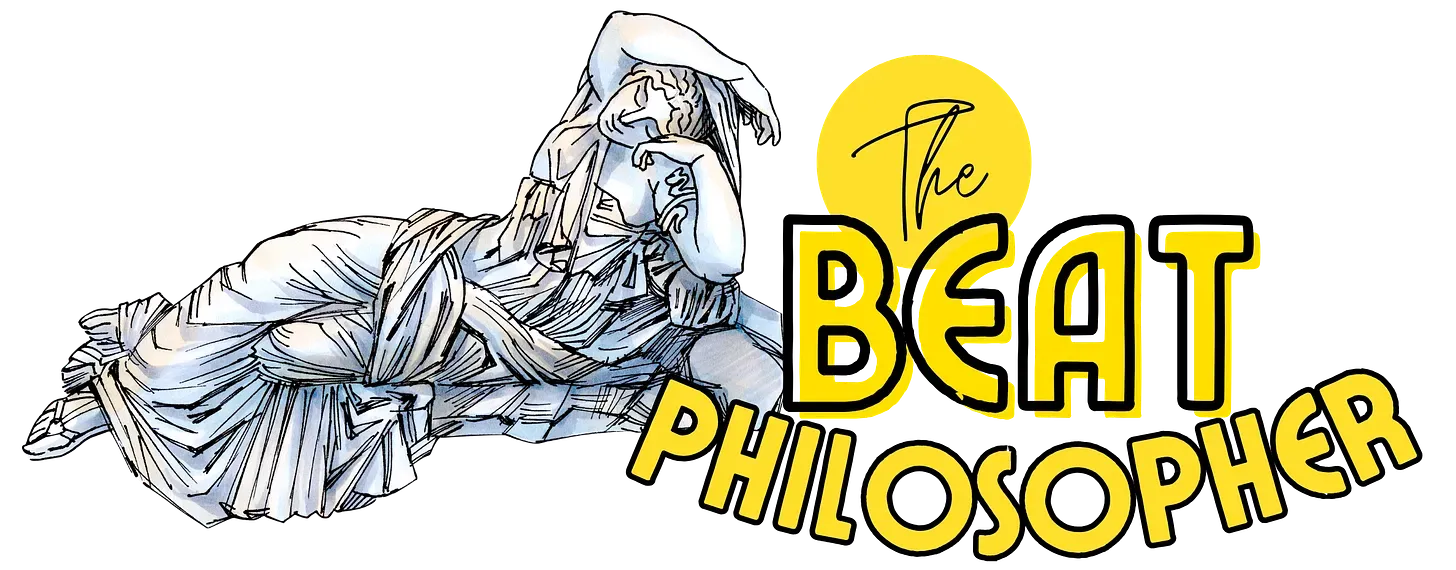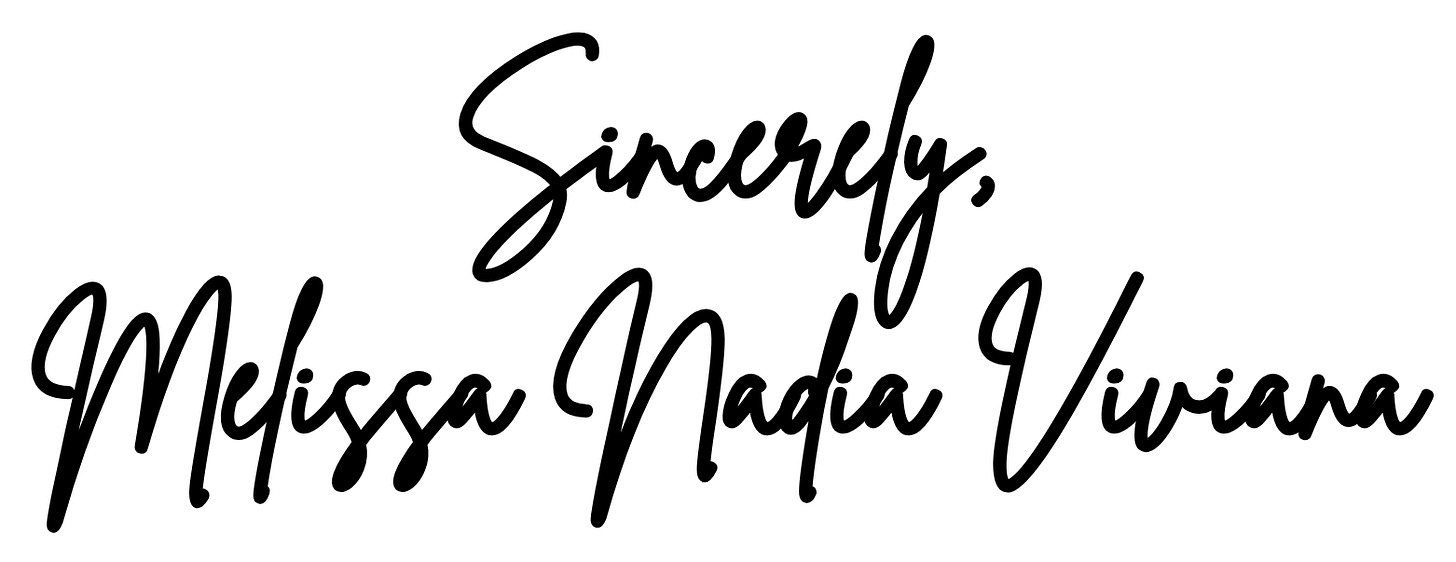A Thought Experiment On The Lynchpin of Democracy
Emotional Adaptability, Complexity, Free Will, and Democracy
The Beat Philosopher is a reader-supported publication by Melissa Nadia Viviana; Author, Activist, Existentialist, & Philosopher.
To receive new essays exploring the current problems of our world through a philosophical lens consider becoming a free or paid member.
You might be wondering why I push back so hard on determinism.
It’s true that there are many beliefs I possess that can’t be proven valid or invalid. But there’s one thing that guides me, and it’s the amount of human functionality a worldview can lead us to.
I like to play out our behaviors and beliefs in a grander model to see which beliefs would move humans and society, as a whole, towards a better version of ourselves.
Through that process, I’m driven by a “middle path” balancing act of progress and functionality beyond ideology.
If you hadn’t noticed, I don’t have loyalty to many ideologies.
It’s no accident that this blog is called The Beat Philosopher. A term I created while I was on an 8-month road trip with my Dalmatian, Kennedy.
In 2018 & 2019, Kennedy and I traveled to 30 states, driving 15,000 cross-country miles with camping gear and a trunk full of philosophy books I couldn’t bear to put in a storage unit.
And it was on the road, while traveling up and down Highway 1, from San Diego to Seattle—visiting every beach town & making an obscene amount of daily decisions—that I began to reconcile the fact that I am most definitely not normal.
I mean, I had always suspected it. But I don’t think I had truly accepted it until I saw how comfortable I was being a weird beach bum, driving around with my Dalmatian, writing about Existentialism, authenticity, and freedom. Because in the grand scheme of all the things that could matter, this was all that mattered to me.
Beatniks (or The Beat Generation) were gritty counterculture poets, writers, & Bohemians who consistently stood outside of normal conventions. They devoted themselves to their art and their own personal rhyme and reason, because it mattered more to them than anything society could offer them.
(And just think—they were mostly white men, so imagine all of the things society could have offered them).
Still, they did all of those salacious things that we consider normal now, but they did them at the precise moment when it would cause them to be shunned by society.
And the thing was, they didn’t care, because they had more loyalty to the raw emotion they carried within them than a need to fit into, or comply, with external conventions.
You might argue that even though academia has presented a predominantly conventional view of philosophers as stuffy, tweed-coated, logicians. (Or am I only picturing Bertrand Russell as the visual prototype?)… there are still a great deal of philosophers who shared a counterculture spirit.
After all, we’ve never had a society of philosophers. Philosophy has always been sparingly spread throughout history. Never an at-large cultural consensus amongst humans. We’re, logicians, sure. But we’re also, as Nietzsche calls them, “free spirits.”
Existentialists, particularly, broke all of the rules. They were professors, surrealists, activists, playwrights, communists, survivors of the horrors of the Holocaust, novelists, psychotherapists, AND philosophers.
But perhaps because they weren’t American, they were still missing something the Beatniks had: a lack of fucks to give.
The Existentialists had people to impress. Awards to be gained. Validation to receive. While the Beatniks were just being themselves, without any approval from society, for the pure reason that art & authenticity are fulfilling and meaningful.
And that’s what I was doing on my road trip. Impressing no one. But living meaningfully free.
Thus, I merged my intention to pay homage to my own raw emotion, my own inner drive, and free-spirit-living—with my colder, tweed-coated, logician nature, by naming the blog The Beat Philosopher.
(Continue reading on my new website!)
All Rights Reserved © 2025 Elephant Grass Press, LLC









I can’t know for sure if I have free will. But it certainly feels that I have more will and agency when my state is calm, my mind is quiet, and I can identify with the observer in my psyche. When I feel stressed or threatened, my responses seem to come from an automatic, patterned set of responses. In a state of calm, I can observe thoughts arising without needing to do anything about them. So if maintaining a climate of fear and uncertainty limits the potential for free will (or at least shrinks the choices that come into our conscious awareness), then it is a powerful tool for a political strongman.